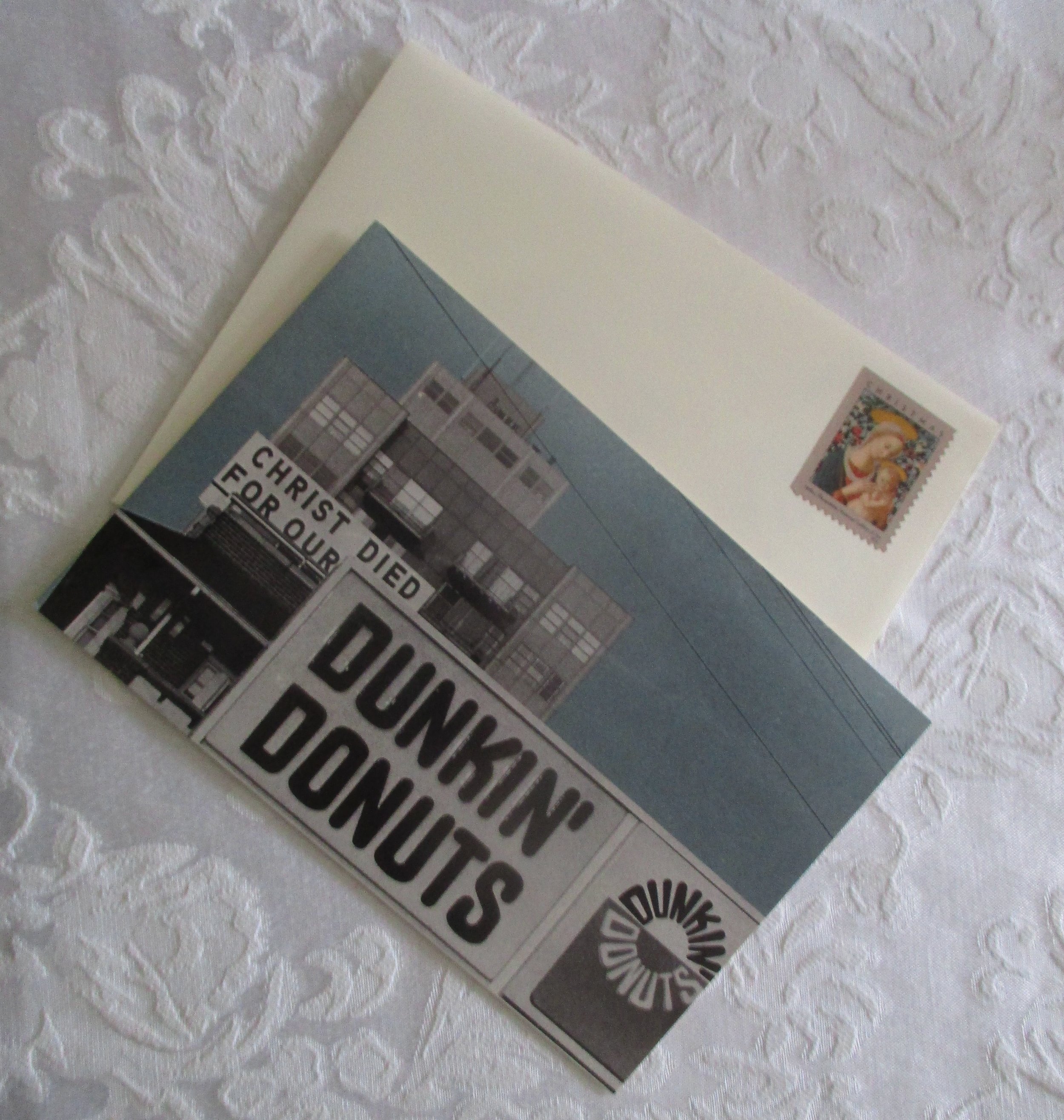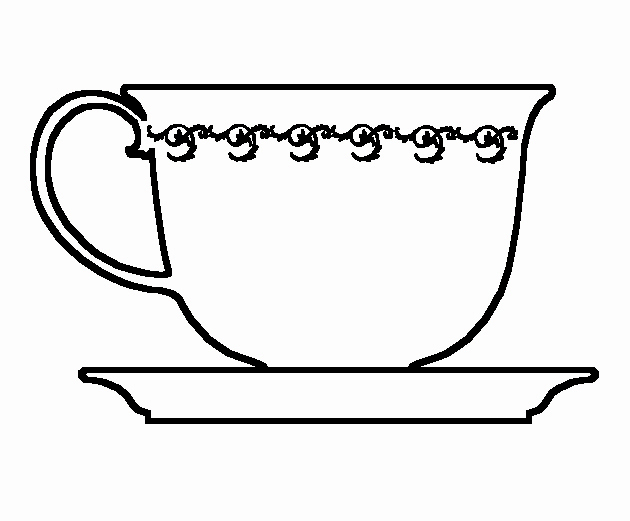Bostonians of a certain generation may remember the late theatre critic Arthur Friedman, who Young Etiquetteer was privileged to accompany on his rounds occasionally during the 1990s. Arthur, a fierce advocate for Perfect Propriety in the theatre, also loved a good dare. Before one performance at the Boston Center for the Arts, in a theatre in the round where the floor was the stage, Arthur offered Young Etiquetteer $100 to sit in one of the chairs on the set. Scandalized, of course Young Etiquetteer did no such thing.
This memory comes vividly to mind when reading about breaches of theatre etiquette such as the theatregoer in New York who violated the Fourth Wall to attempt to recharge his phone on the set of Hand to God. There's even video of the incident, since we live in a world of Eager and Instant Surveillance.
Robert Vlagas of Playbill writes "It's nice that people feel at home at Broadway theatres — but perhaps they shouldn't feel this at home." Etiquetteer must disagree. It is not nice that theatregoers feel so at home that they behave as though they were at home. Etiquetteer needs to ask theatre- and moviegoers this question: why do you go to see a show? To experience it, to be entertained and/or informed, or as background against which you can live your online life?
There is a Fourth Wall for a reason, and the audience needs not to violate it - unless invited by the performers as part of the performance. Participatory theatre is, as the children say, “a thing,” and one sometimes has to be prepared. For a show like The Mystery of Edwin Drood or, Heaven help us, Shear Madness, audience participation is necessary, and one runs the risk of being perceived as a killjoy if one just sits there like a bump on a log. If, however, an actor is ready to grab you and bring you to the stage as part of the show, and you intend that No Such Thing Will Happen, simply remain in your seat staring fixedly ahead, ignoring completely all entreaties (including those from other audience members, including your companions) no matter how in your face they might be. After sufficient time the actor will move on, wanting to maintain the momentum of the performance.
Arthur Friedman taught Young Etiquetteer other important aspects of Perfect Propriety in the theatre, which you may read way back in Volume 6. He was a pillar of the Boston theatre, and should be obeyed to this day.













